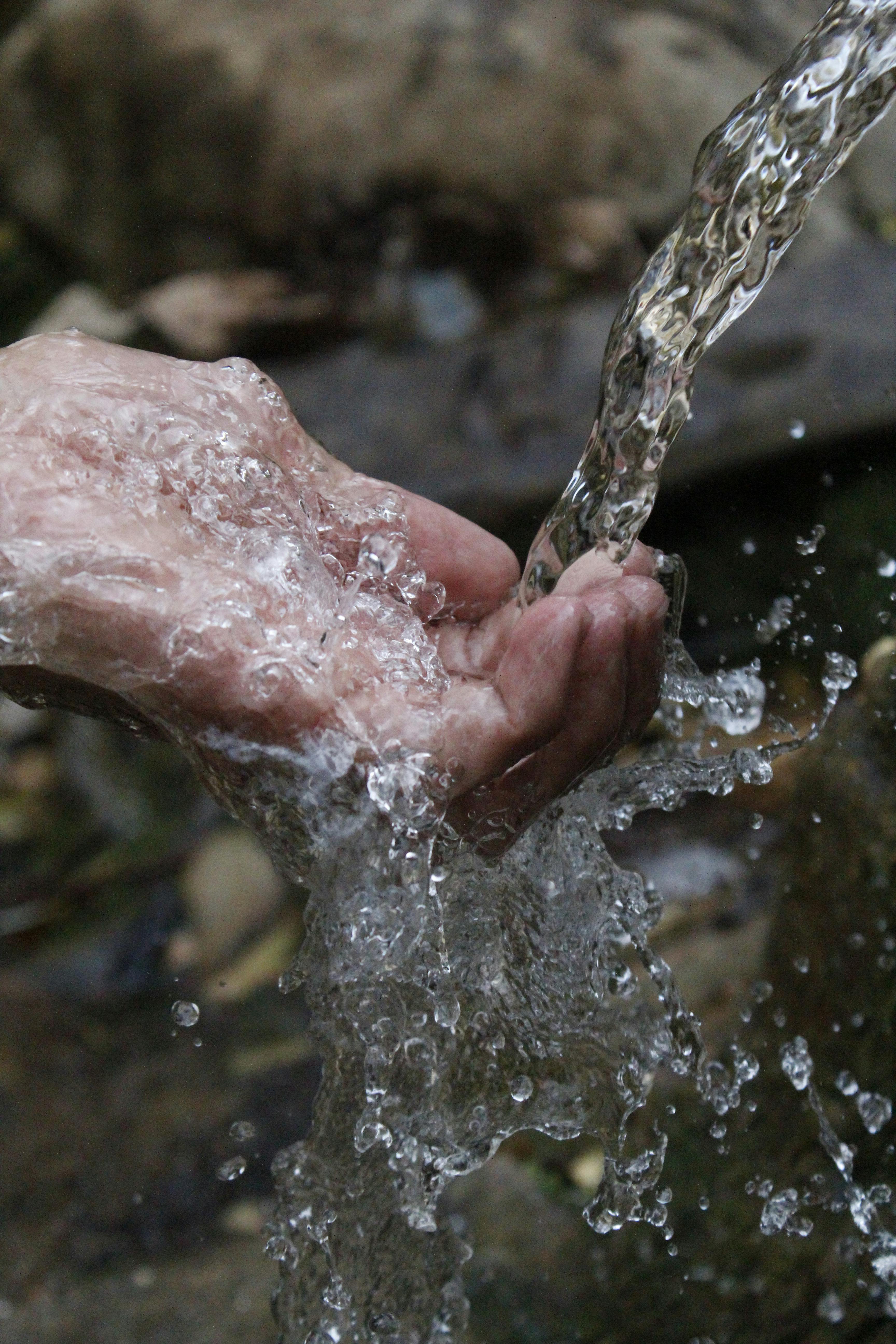Effective Skincare Routine for Acne-Prone Skin

Understanding Acne
Acne is a common skin condition that affects many individuals worldwide. It can be caused by a variety of factors, including hormonal changes, excessive oil production, clogged pores, and bacteria. Understanding the types and causes of acne is the first step toward developing an effective skincare routine.
Types of Acne
Acne can manifest in different forms, each requiring a unique approach:
1. Noninflammatory Acne: Includes blackheads and whiteheads, which are caused by clogged pores.
2. Inflammatory Acne: Includes papules, pustules, nodules, and cysts. These are often red and swollen due to inflammation.
Step-by-Step Skincare Routine
1. Cleansing
Cleansing is the foundation of any skincare routine. Use a gentle, non-comedogenic cleanser to remove dirt, oil, and makeup without stripping your skin’s natural moisture. Cleansing twice daily, in the morning and evening, helps keep your pores clear.
2. Exfoliation
Exfoliating helps remove dead skin cells and prevent clogged pores. Opt for a chemical exfoliant containing salicylic acid or glycolic acid, and limit exfoliation to 2-3 times a week to avoid irritation.
3. Treatment Products
Incorporate treatment products with ingredients like benzoyl peroxide, salicylic acid, or retinoids. These ingredients target acne directly by reducing inflammation, killing bacteria, and promoting cell turnover. Be cautious not to use multiple active ingredients simultaneously, as this can irritate the skin.
4. Moisturizing
Even acne-prone skin needs hydration. Choose a lightweight, oil-free moisturizer labeled as non-comedogenic to avoid clogging pores. Ingredients like hyaluronic acid or glycerin are excellent for maintaining moisture without causing breakouts.
5. Sun Protection
Using a broad-spectrum sunscreen with at least SPF 30 daily is crucial. Some acne treatments can make your skin more sensitive to UV rays, so protecting your skin from sun damage helps prevent hyperpigmentation and further irritation.
Additional Tips for Managing Acne
Avoid Over-Washing
Washing your face too frequently can strip your skin of its natural oils, leading to increased oil production and potential breakouts. Stick to cleansing twice a day.
Choose Non-Comedogenic Products
Select skincare and makeup products labeled as non-comedogenic to ensure they do not clog your pores.
Consult a Dermatologist
For persistent or severe acne, seek advice from a dermatologist. They can provide prescription treatments or specialized skincare routines tailored to your specific needs.
Lifestyle Adjustments
- Diet: Incorporate a balanced diet rich in fruits, vegetables, and whole grains while reducing dairy and high-glycemic foods.
- Hydration: Drink plenty of water to keep your skin hydrated from within.
- Stress Management: Engage in activities like yoga, meditation, or regular exercise to minimize stress-induced breakouts.
- Hygiene: Regularly wash pillowcases, makeup brushes, and avoid touching your face to reduce the spread of bacteria.
Conclusion
An effective skincare routine for acne-prone skin involves a combination of gentle cleansing, regular exfoliation, targeted treatment, adequate moisturization, and sun protection. Additionally, making lifestyle changes and seeking professional advice when necessary can significantly improve your skin’s health and appearance. By following these steps diligently, you can manage acne effectively and achieve clearer, healthier skin.

